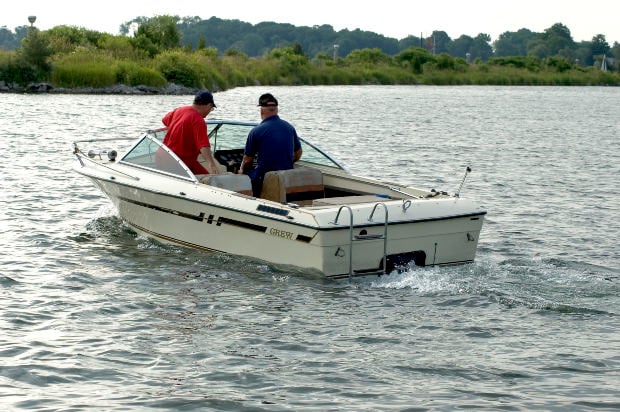Boat fuel additives: watch out
The marine fuel additive galaxy could aptly be described as a group of planets, all named “ethanol gas treatment” revolving around a boat-shaped sun....

Spring has sprung and people all around the country are bringing their boats out of winter storage and getting them ready for running the water. We've done several blogs in the past with helpful tips on how to prepare your boat for use, along with the converse of making sure your boat is ready for winter. One of the key recommendations for getting the boat ready to use is to jump start the fuel system by adding a fuel additive. But there's lot of fuel additives out there for the marine market, and people get confused about what's good and what's not. And people get afraid that they're going to make the wrong choice or get ripped off.
So what do boaters need to know about fuel additives in order to make a good choice?
 Almost all of these additive products are going to claim they're the best. Obviously they can't all be the best at the same time. How to tell the good from bad? One clue is to what other kinds of claims are being made.
Almost all of these additive products are going to claim they're the best. Obviously they can't all be the best at the same time. How to tell the good from bad? One clue is to what other kinds of claims are being made.
One set of claims revolves around what the additive is going to do for ethanol - specifically, ethanol that has undergone phase separation. Recall that phase separation happens when the fuel absorbs too much water, causing the blended ethanol to separate from the gasoline and destroy the fuel quality.
If the marine additive claims it will put separated fuel back together, run away from it. The same goes for an additive that claims to be able to put "stale gas" back together. They won't. And they could well damage your engine in the process.
Additizing gasoline in this respect is about preventing problems. You use a good fuel additive to keep the gas quality high and prevent problems. If you're unlucky enough to see your fuel go bad, there's no additive that's going to reverse that.
Which is why you know if an additive claims it can do this, it's probably not a reputable product and you're better off keeping your money in your wallet.
You may be interested in these related posts:

The marine fuel additive galaxy could aptly be described as a group of planets, all named “ethanol gas treatment” revolving around a boat-shaped sun....

This past winter wasn’t nearly as bad as the winter of 2014-15. But that’s all behind us now. Boating season is around the corner and summer fun on...

We had a call the other day from a marine enthusiast who was concerned about the fuel in his boat and wanted to discuss whether he needed to use a...